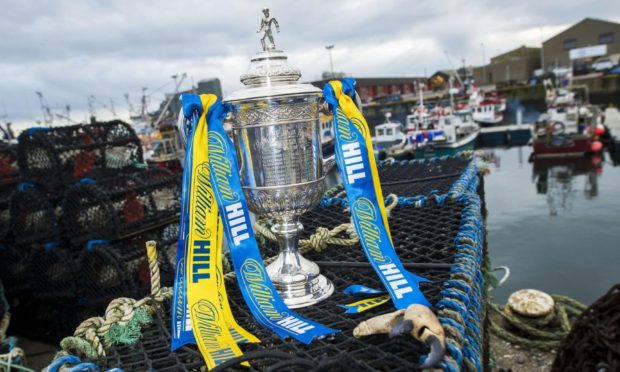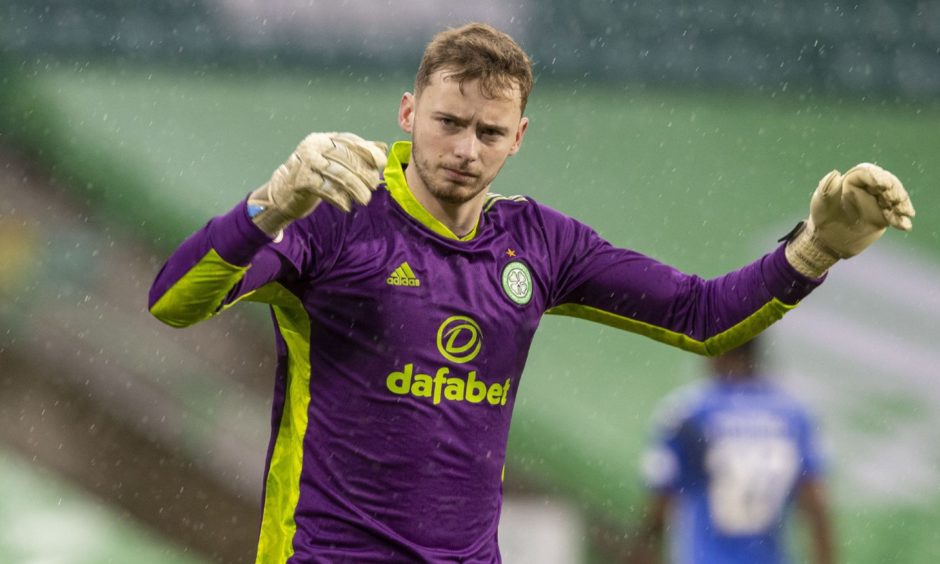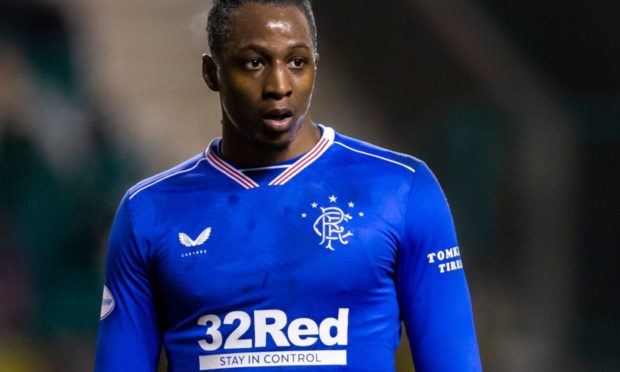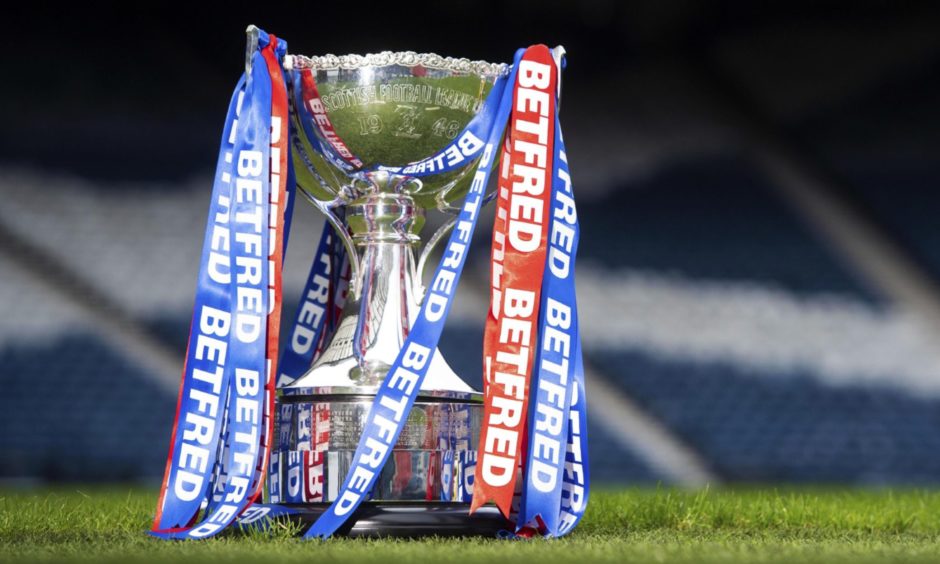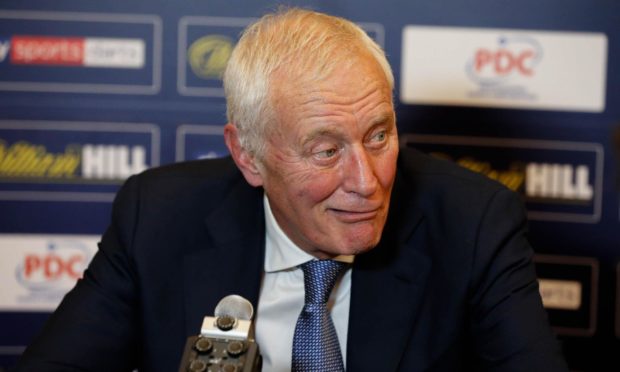A review of the UK’s gambling laws is under way with bans reportedly set to be placed on betting companies advertising on sports shirts.
Scotland’s two biggest football clubs, Celtic and Rangers, are both sponsored by betting companies.
The current Gambling Act was put in place in 2005 under Tony Blair but changes could come into place as soon as autumn this year.
While the number of betting shops has decreased since 2005, access to online gambling has increased gambling addiction significantly within young people, says the Gambling Commission.
The proposed changes, which have cross-party backing and the support of Boris Johnson, would ban betting companies from advertising on sports shirts.
MP Ronnie Cowan is vice-chairman of the all-party parliamentary group on gambling harm.
Mr Cowan says gambling is a “hidden pandemic” with 55,000 children aged 11-16 identified as being a gambling addict.
A 2018 report from the Gambling Commission showed that 14% of children aged 11-16 gamble on a weekly basis, with nearly half (46%) saying they saw advertisements at a sports venue, including on sports shirts.
Some 1.7% of UK children are seen to be addicts, with a further 2.2% “at risk”.
‘Gambling has become more important than sport itself’
SNP MP Mr Cowan also claimed gambling is now proving to be a distraction from sport.
“Clubs have adverts on their shirts and advertising hoardings round the stadium. It seeps into consciousness that you can’t enjoy a game of football unless you’re betting on it.
“Gambling has become more important than sport itself.”
The MP for Inverclyde went on to deny that he was attacking the gambling industry as a whole, before questioning what sponsorship from the industry brings to the game.
He said, “I am not anti-gambling; we’re not trying to suppress the gambling industry, as such.
“If you’re putting an advert on an iconic football shirt and children are seeing them day in, day out, there’s a danger that they can take their guard down when it comes to gambling.”
Are you doing good things? No, you’re not, you’re encouraging gambling.”
Ronnie Cowan MP
Cowan added, “Let’s look at this industry responsibly and ask ourselves the questions: Are you doing good things? Are you encouraging sport? No, you’re not, you’re encouraging gambling.”
Various mental health charities are welcoming the proposed changes, which are intended to stem the flow of young people becoming addicted to gambling.
Research has shown that gambling addictions can lead to mental health issues such as depression.
‘I don’t think it’s the only thing that’s required’
GamTalk is a help service for gambling addicts created by former addict Paul Pettigrew.
Mr Pettigrew is on board with the proposed shirt sponsorship ban, believing it could only be a good thing.
He said: “It can do no harm. I don’t think it’s the only thing that’s required in order to stop young people falling into the pitfalls of gambling.”
Mr Pettigrew said education is needed to show young people that it can cause more than just financial difficulty.
“I think prevention is better than cure,” he said. “It’s better to educate young people on the matter before the problem ever starts.”
Despite the increasing gambling addiction rates in the UK, Mr Pettigrew doesn’t believe there is a shortage of support.
“I think there is enough support for people who are already struggling. There’s Gamblers Anonymous and there’s GamCare, who do a good job.
Banning betting companies from sponsoring sports shirts this year may have its issues, though, with Celtic in the middle of a seven-year contract with Dafabet tagged as “Scottish footballs biggest ever front of shirt sponsorship deal”.
Betfred sponsors the Scottish League Cup, while Ladbrokes and William Hill have sponsored competitions in the past. It remains to be seen whether a ban will be placed on betting companies sponsoring competitions.
‘It would be a disaster for every layer of sport’
Football isn’t the only sport that would be affected by the changes to the bill. Barry Hearn, the chairman of Matchroom Sport, says the damage the proposed changes would cause could be “enormous”.
Matchroom Sport owns and promotes some of the UK’s most popular sport, such as darts and snooker.
In an interview with The Telegraph, Hearn questioned how far the government would take the ban.
“Clearly, there’s going to be some action but we don’t know how far,” he said.
“Are they going to extend beyond shirt sponsorship? Are they going to look at more controls over advertising or special offers? Or are they going to ban it completely?
“I think the damage to sport would be enormous if they banned it completely. It would be a disaster for every layer of sport.”
Mr Hearn did add later he isn’t worried about the future of his sports, saying, “I’m never worried because I went through the tobacco situation.”
Tobacco firms have been banned from advertising on TV since 2005.
